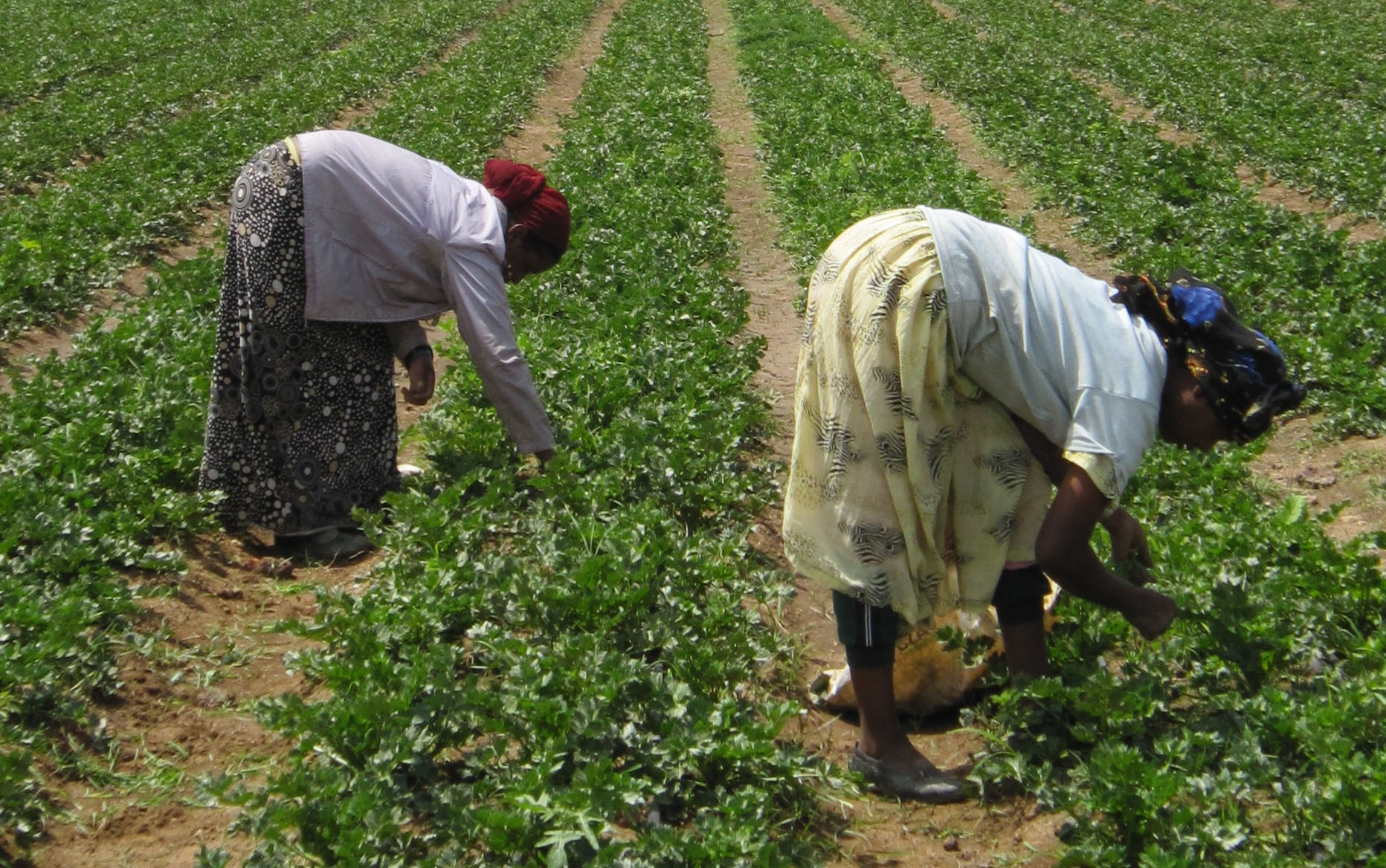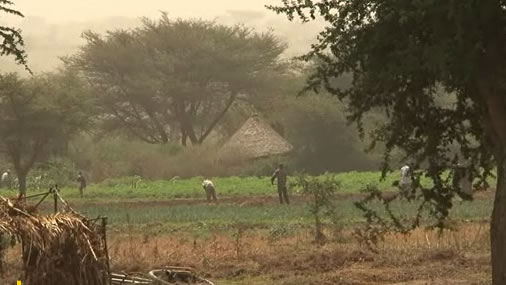
Ethiopia has long been synonymous with famine and hunger. Today, some five million people rely on emergency food aid to survive. However, a small but growing number of foreign investors are discovering something else about this vast east African nation: it has an abundance of fertile, arable land and the government seems eager to lease it to them at very low prices. The number of commercial farms owned by Chinese, Indians, Saudis and others is growing
Proponents of foreign direct investment in commercial farming say it will bring capital, technology, knowledge and lots of jobs to the impoverished rural areas where subsistence farmers toil with tools unchanged from the middle ages. Besides, they say Ethiopia has an abundance of land. Barely five percent of available farmland is cultivated by Ethiopia's farmers, says Esayas Kebede of the government's office of agricultural investment.
To opponents the trend represents a land grab. Political science professor Merara Gudina, an opposition member of parliament accuses the government of long-time prime minister Meles Zenawi of giving land away to favored investors. None of the produce is earmarked for local needs, he adds, reminiscent of colonial exploitation (Ethiopia is one African nation that was never colonized).
The United Nations Food and Agriculture Organization has expressed concern about the scramble for farm land throughout sub-Saharan African and it is drawing up a code of conduct aimed at bringing equitable shares for all parties in such deals. The history of natural resources deals in Africa is not reassuring. In their wake many have left legacies of environmental degradation and poverty once the wealth is extracted, says the agency's Lamourdia Thambiano.



